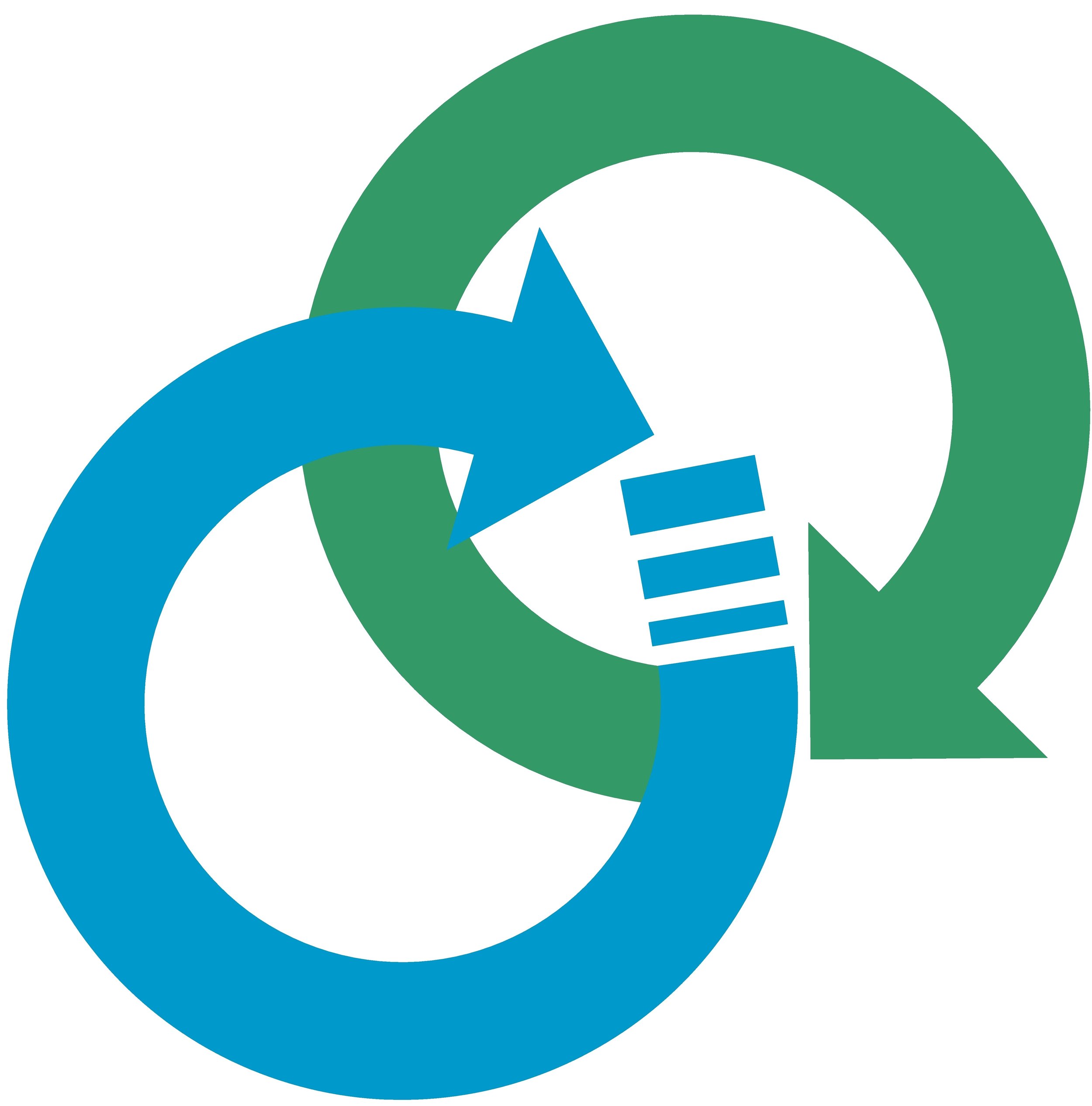
Harm Reduction
The Knox County Health Department offers different harm reduction community-based prevention programs that provide a range of services, including linkage to substance use disorder treatment; access to and disposal of sterile syringes and injection equipment; vaccination, testing, and linkage to care for treatment of infectious diseases.
Syringe Exchange Program
The KCHD Syringe Exchange Program (SEP) is a public health harm reduction practice aimed at reducing the spread of infectious diseases such as HIV, Hepatitis A, and Hepatitis C.
The SEP operates every Tuesday and Thursday from 10:00 am - 2:00 pm.
Services provided include:
Safe disposal of used needles
Free confidential testing for HIV and Hepatitis C
Vaccinations
Education about the harms associated with drug use and how to minimize them
Counseling and referral to treatment
Narcan Education and Distribution
Free supplies
Narcan
The Health Department DOES NOT provide Narcan for emergency situations. Please call 9-1-1 as soon as possible for situations that require immediate attention, such as a suspected overdose.
For information on receiving Narcan, please call (606) 546-3486.
Click here for a list of locations in Knox County that offer Narcan.
Substance Use Disorder Resources
If you or someone you know is in need of local substance abuse addiction resources, please visit the links below. You may also call the Kentucky HELP Call Center at 1-833-8KY-HELP (1-833-859-4357) to speak with a specialist about treatment options and available resources.
HEALing Communities Study
The Knox County Health Department serves on the HEALing Communities Study’s Community Coalition for Knox County to identify strategies and evidence-based interventions based on our community’s needs. The goal is to reduce opioid overdose death, build demand for treatment access, and reduce stigma toward people with opioid use disorder. The HEALing Communities Study is a multiyear study under a cooperative agreement supported by the National Institute on Drug Abuse, part of the National Institutes of Health (NIH). Learn more here.
